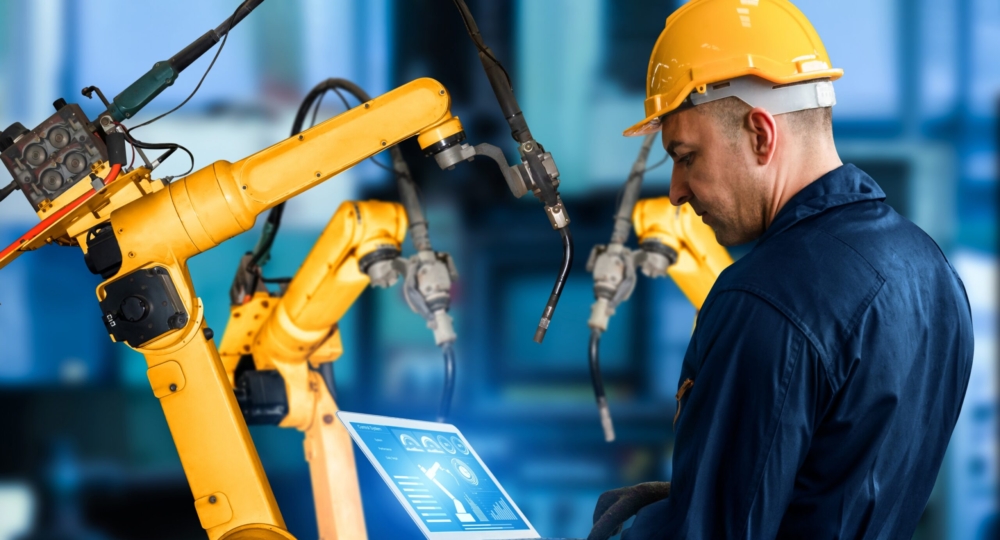Tackling the digital divide by changing your workers relationship with tech.
For most of us, being part of a digital-first society makes life easier. Time-saving tech applications such as ticketless car parking, booking appointments online, or inputting hours at work have all become second nature.
But for those who’ve never been introduced to tech, or been taught how to use it, or can even afford it – it’s become a world with barriers. And it’s a digital divide that’s growing the workplace.
Scale and cost of the problem
Amazon Web Services research found that over one million workers across NZ’s entire economy need training to improve digital skills for day-to-day work.
It’s a skills deficit that’s estimated to be costing New Zealand businesses several billion dollars each year – through workers struggling with internal digital systems, unable to work with automation, and being slower and more error prone. As well as these efficiency costs, businesses also suffer from disruptive staff churn as workers feel less engaged with their roles and employer.
Taking a step back to go forward
A BNZ Digital Skills Report agrees with the enormous scale of the problem, warning that these workers are being left behind, and calling for Government and business-led initiatives to raise digital inclusion and capability.
However, businesses are asking themselves “what more can we do?”
Despite having been pro-active in introducing workers to new technology – aiming for more agile workplaces in the wake of the pandemic – problems with onboarding digital persist.
At The Learning Wave we have been taking an innovative approach to solving this industry-wide problem so that New Zealand can remain competitive both domestically and internationally. Our conclusion is that businesses need to take one step back, and first build the digital mindset of their people before they can successfully build digital capability.
It starts with a digital mindset
We’ve discovered that digital capability is not built by simply being taught how to use a particular system, tool or platform. Effective training comes from investing in the growth of a spectrum of skills, knowledge and mindset to be able to perform better with a complex and ever-changing set of digital tools.
We’ve had success with large organisations by identifying where digital skill gaps exist, and then taking a more holistic approach by preparing their workers for the entire transformation journey.
It begins by taking a step back, and having a wider conversation about which problems exist, and how innovations and new systems can be implemented to solve them. We then train workers to have a wider appreciation and ability with technology, which equips them for their business’s transformation, as well as a better ongoing relationship with digital.
Our training framework breaks down digital capabilities into three key areas – mindset, learning skills, and finally, contextual skills:
- Mindset
It’s about being open and willing to engage, discover and explore the digital world, and developing a digital growth mindset. Having an appreciation of the positives that technology brings, and establishing the right culture to learn and adopt it makes training more likely to succeed.
- Learning skills
Learning then becomes more practical, using tech to support critical thinking, information searching, and problem solving. These are the key foundations of digital ability, supporting a worker to handle the complexity of updates, changes, freezes and failures that all occur in the digital world. This sets workers up for growth, rather than a quick fix for a one-off digital task or system.
- Contextual skills
This is focused on developing an ability to use a range of workplace systems and devices. Having achieved a digital mindset and developed learning skills, adoption of workplace contextual skills is more successful. And because today’s technology will always be updated, contextual skills need to be regularly learned, unlearned, and relearned as the workplaces evolve.
From manufacturing to healthcare to retail – we’ve found that our tailored approach is making a difference. It gives learners the opportunity to learn, discover and solve problems so that they can then maintain and grow their digital skills over time. It also enables them to be active players in their organisation’s ongoing digital journey.
If you want to explore ways you can lift the digital capability in your organisation – and enjoy the many efficiency, productivity and worker wellbeing benefits – contact The Learning Wave today and let’s talk.


Add a comment: